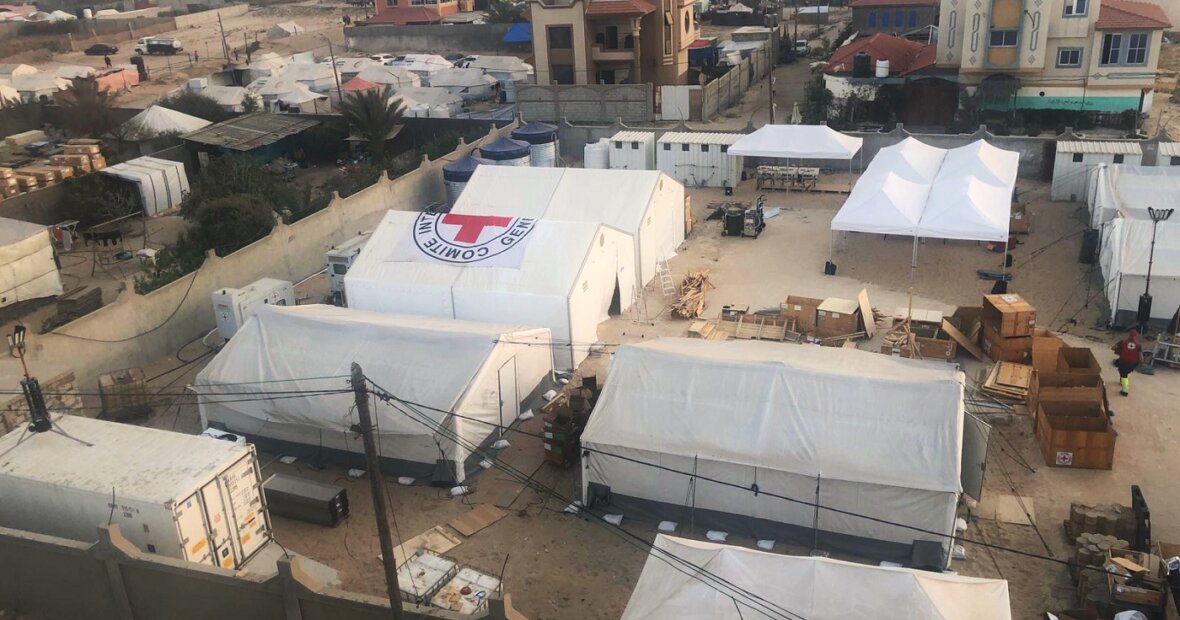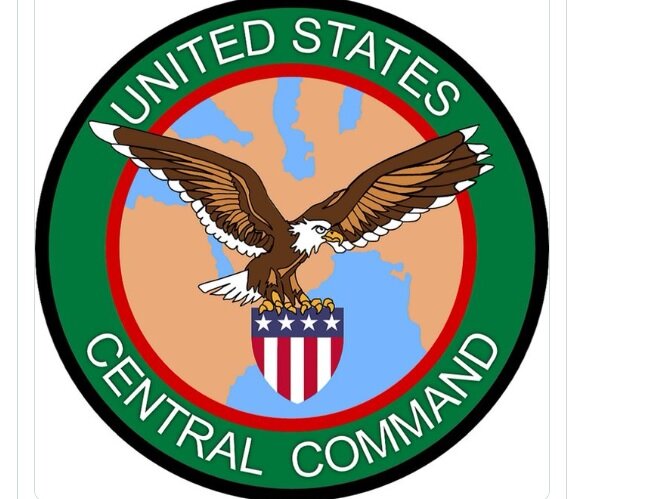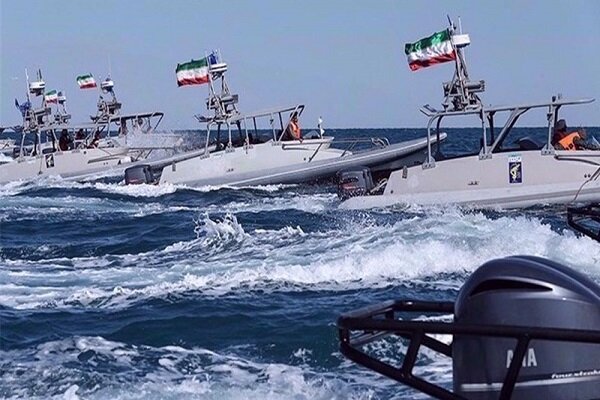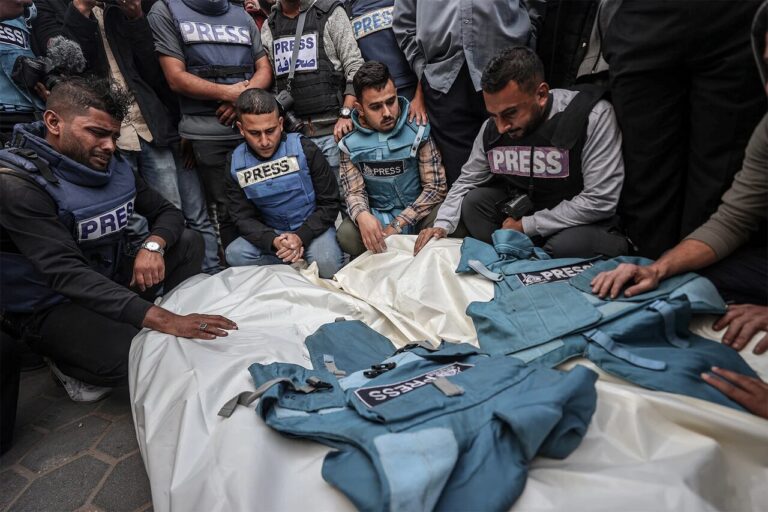Urgent Alert: Gaza’s Humanitarian Response Faces Imminent Total Collapse
The humanitarian response in Gaza is nearing a critical breaking point. After six weeks of intense conflict and an unyielding blockade on essential aid, civilians find themselves deprived of the basic necessities for survival. The International Committee of the Red Cross (ICRC) has warned that without the immediate resumption of aid deliveries, their ability to provide food, medicine, and vital supplies will be severely compromised.
Pascal Hundt, the ICRC Deputy Director of Operations, stated, “Civilians in Gaza are facing an overwhelming daily struggle to survive the dangers of hostilities, cope with relentless displacement, and endure the consequences of being deprived of urgent humanitarian assistance. This situation must not—and cannot—be allowed to escalate further.”
In light of these dire circumstances, it is crucial to understand the implications of the ongoing blockade and the responsibilities of Israel under international humanitarian law. The law mandates that they take all necessary measures to ensure that the basic needs of the civilian population under their control are met. Failure to do so could have devastating consequences for those living in Gaza.
Critical Humanitarian Needs in Gaza
As the situation worsens, the ICRC is particularly concerned about several key areas:
- Food Security: The ICRC’s common kitchens, which often provide the only meal many people receive each day, are at risk of shutting down due to dwindling supplies. If the blockade continues, these kitchens could only operate for a few more weeks.
- Medical Supplies: The Red Cross Field Hospital in Gaza is facing an alarming shortage of food and medical supplies. Essential medicines and consumables are already running low, threatening the lives of countless patients.
- Healthcare Access: Hospitals and medical facilities are being forced to reorganize their stockpiles and prioritize the supplies they have left. This could lead to difficult decisions about who receives care and who does not.
The ongoing humanitarian crisis not only affects the immediate needs of the population but also has long-lasting implications for their health and well-being. Without urgent replenishment of supplies, hospitals will struggle to provide the essential medical care that patients so desperately need.
The Role of International Aid
International aid plays a crucial role in alleviating the suffering of civilians in conflict zones like Gaza. The blockade has not only hindered the delivery of food and medical supplies but has also obstructed the efforts of organizations like the ICRC to assist those in need. The following points highlight the significance of resuming aid deliveries:
- Immediate Relief: Resuming aid can provide immediate relief to thousands of families who are on the brink of starvation and illness.
- Long-Term Recovery: Sustained support is necessary for the long-term recovery of Gaza’s healthcare system, which has been severely impacted by the ongoing conflict.
- Psychological Support: Access to aid can also help address the mental health issues that arise from living in a conflict zone, offering hope and stability to affected communities.
As the humanitarian situation continues to deteriorate, it is imperative for the international community to take action. The lives of countless civilians depend on the swift and effective resumption of humanitarian aid.
Conclusion
In conclusion, the humanitarian response in Gaza is at a critical juncture. With the blockade continuing to restrict essential aid, the situation for civilians is becoming increasingly desperate. The ICRC’s warning highlights the urgent need for immediate action to ensure that basic needs are met and that humanitarian assistance can resume. The time to act is now—before it is too late for the people of Gaza.
It is the responsibility of all nations and humanitarian organizations to advocate for the resumption of aid and to uphold international humanitarian law, ensuring that the basic rights of civilians are protected.






